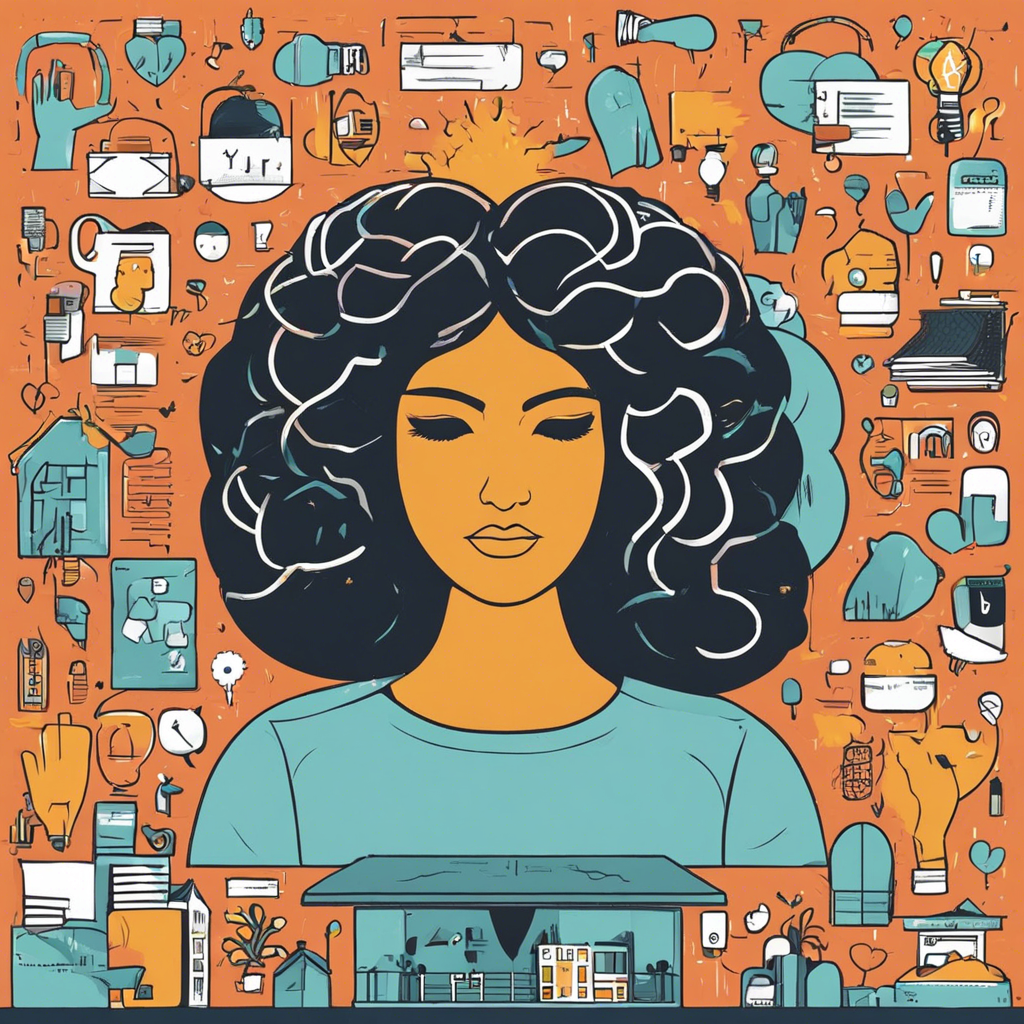Talking about mental health can be challenging, but it is an important step in breaking the stigma and fostering a culture of openness and support. Mental health should be treated with the same urgency and significance as physical health, and starting conversations about it can help us take care of ourselves and each other. So, how can we effectively talk about mental health and encourage a positive shift in perspective?
Firstly, it’s essential to recognize the impact of language. The words we choose can either reduce stigma or inadvertently contribute to it. Using sensitive and person-first language is crucial. For example, instead of saying “a schizophrenic person,” opt for “a person with schizophrenia.” This small change puts the person before their diagnosis and helps reduce the negative stereotypes associated with mental health conditions. Choosing respectful and accurate terms empowers individuals and reminds us that people are not defined by their mental health struggles.
Being mindful of our tone and approach is also key. Sensationalizing or trivializing mental health issues can be detrimental. Refrain from using mental health topics as a source of entertainment or humor, as this can belittle the struggles of those affected. Instead, approach conversations with empathy and understanding. Educate yourself on the issues and be aware of your own biases. This helps create a safe and non-judgmental space for honest discussions.
Another way to break the stigma is to share personal stories and experiences. When individuals in the public eye or those with influential platforms speak openly about their mental health journeys, it helps to normalize these conversations and encourages others to seek help without fear of judgment. It also humanizes the topic, reminding us that mental health challenges can affect anyone, regardless of their background or apparent success. Normalizing vulnerability and openness helps to dismantle the barriers that prevent people from seeking the support they need.
We must also listen without judgment and offer non-condescending support. Often, individuals with mental health struggles face invalidation and dismissal, which can compound their suffering. Active listening and offering unconditional support can make a significant difference. It involves creating a safe space where individuals feel heard, respected, and believed. This can be a powerful tool in helping someone feel less alone and more empowered to navigate their challenges.
Encouraging open conversations about mental health early on is also vital. Integrating mental health education into school curricula helps young people develop emotional intelligence and a healthy understanding of these issues. It equips them with the vocabulary and tools to identify and manage their emotions effectively and promotes help-seeking behavior from a young age. Early intervention can prevent more significant challenges down the line, and fostering a culture of openness helps to ensure that mental health is treated with the same urgency as physical health.
Breaking the stigma also involves challenging cultural and societal norms that contribute to silence and shame. Mental health taboos vary across different communities, and it’s crucial to address these specific barriers. Having honest conversations about these taboos and educating community members can help shift perspectives and encourage a more supportive environment. Community-based initiatives and grassroots movements play a vital role in this, as they work to engage and empower individuals on a local level.
Finally, providing resources and guidance is an essential aspect of starting conversations about mental health. Whether it’s offering information on local support services, helplines, or online resources, ensuring that people know where to turn for help is crucial. Providing a range of resources, from crisis hotlines to self-care strategies, empowers individuals to take control of their mental health and seek assistance when needed. Together, by breaking the stigma and starting conversations, we can create a world where mental health is a priority and support is always within reach.

